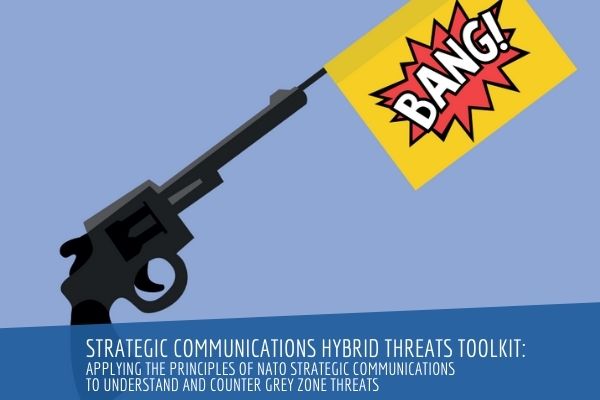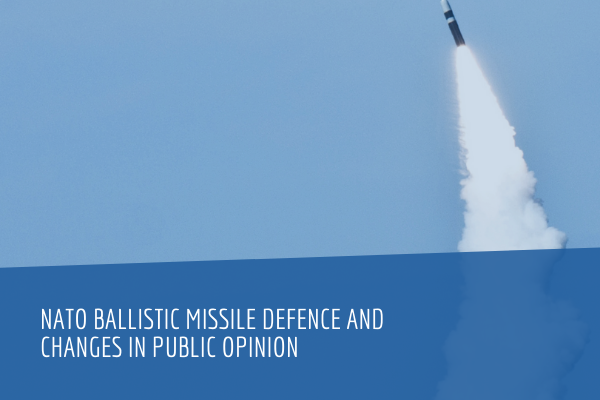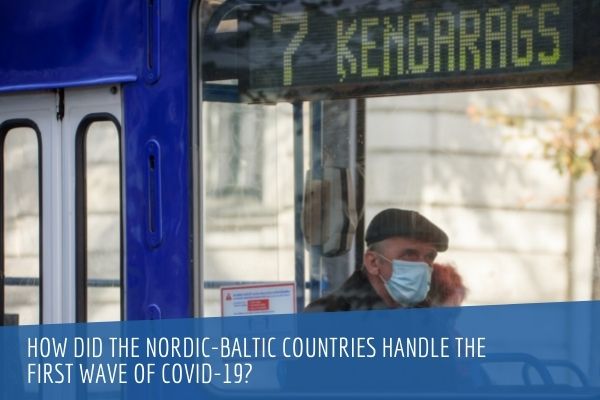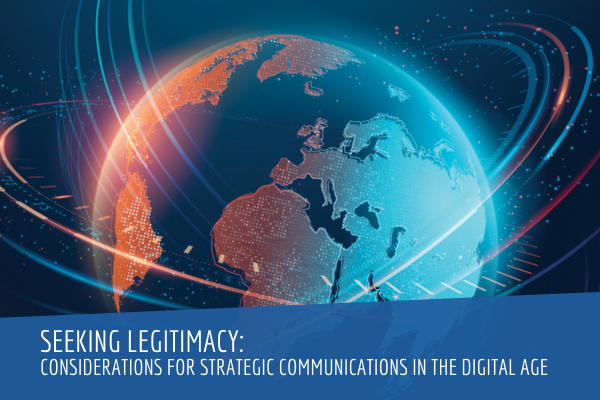About this report
This research is for people who want to develop their understanding of dangers to national security that come under the umbrella of ‘hybrid threats’. Such threats involve a combination of different hostile measures, furthering an adversary’s strategic goals while occuring in the ‘grey zone’ which exists between peace, crisis and war.
The report builds on our publication Hybrid Threats - A Strategic Communications perspective, which analysed 30 scenarios featuring hybrid activities by state actors. Data from the case studies is exploited further, deepening our understanding of hybrid threats and how they might be countered by applying the principles of NATO Strategic Communications. It aims to help the reader develop ways of looking at hybrid threats and then to appreciate how the Strategic Communications process might be applied at the national level. This involves understanding the information environment, then developing a plan which provides coherence to the various instruments a nation can use to leverage strategic influence.
Strategic Communications is a realm which suffers from a divergence of definitional interpretations. While NATO Strategic Communications has arguably come of age, there is understandably a lack of commonality across the NATO nations as to how the term is used. Popular usage has Strategic Communications simply as being highly effective at what an organisation says. This confines communication to a narrow arena. Our report builds on NATO’s approach to Strategic Communications - a mindset or philosophy which is underpinned by process and supported by capabilities. When applied at the national level it provides a function of basic statecraft at the intersection of strategy and action.
The complex and adaptive nature of the contemporary security environment and its consequent unpredictability means that responses which work in one situation may not work in another. While not prescriptive or authoritative, our research provides suggestions on how to view the threat landscape, using empirical evidence in support. It provides methods and background information suitable for education and training for those in security-related areas of national government.
Acknowledgements. Project lead Ben Heap. Researchers Pia Hansen, Monika Gill. Thanks to Rolf Fredheim, Henrik Twetman, Sanda Svetoka, Johannes Wiedemann, Grzegorz Lyko.






